To provide the best experiences, we use technologies like cookies to store and/or access device information. Consenting to these technologies will allow us to process data such as browsing behaviour or unique IDs on this site. Not consenting or withdrawing consent, may adversely affect certain features and functions.
The technical storage or access is strictly necessary for the legitimate purpose of enabling the use of a specific service explicitly requested by the subscriber or user, or for the sole purpose of carrying out the transmission of a communication over an electronic communications network.
The technical storage or access is necessary for the legitimate purpose of storing preferences that are not requested by the subscriber or user.
The technical storage or access that is used exclusively for statistical purposes.
The technical storage or access that is used exclusively for anonymous statistical purposes. Without a subpoena, voluntary compliance on the part of your Internet Service Provider, or additional records from a third party, information stored or retrieved for this purpose alone cannot usually be used to identify you.
The technical storage or access is required to create user profiles to send advertising, or to track the user on a website or across several websites for similar marketing purposes.
 A UK wide study commissioned by photographic tech company Popsa claims that as many as 66 percent of the nation feel frustrated with the online world, and are actively seeking more “authentic” experiences, with meeting people for coffee face to face (31 percent), going to the cinema with friends (23 percent) and listening to vinyl or CDs (17 percent) among the list of ways to embrace reality. More →
A UK wide study commissioned by photographic tech company Popsa claims that as many as 66 percent of the nation feel frustrated with the online world, and are actively seeking more “authentic” experiences, with meeting people for coffee face to face (31 percent), going to the cinema with friends (23 percent) and listening to vinyl or CDs (17 percent) among the list of ways to embrace reality. More →





 A new, nationwide study released today, has revealed over a quarter (28 percent) of Britons feel their phone or social media addiction is actively stopping them living life to the full, with as many as 83 percent saying they are desperate to spend more time in the real world, according to the report commissioned by the photographic tech company
A new, nationwide study released today, has revealed over a quarter (28 percent) of Britons feel their phone or social media addiction is actively stopping them living life to the full, with as many as 83 percent saying they are desperate to spend more time in the real world, according to the report commissioned by the photographic tech company 

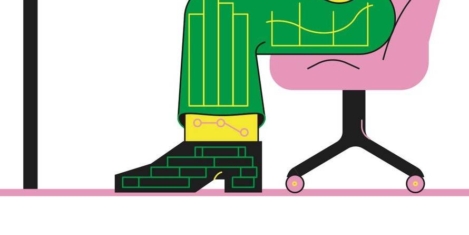
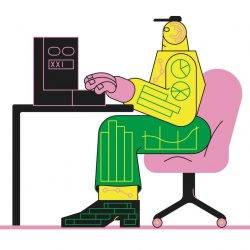






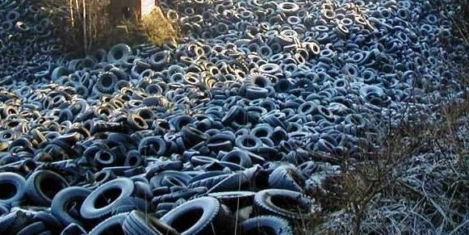
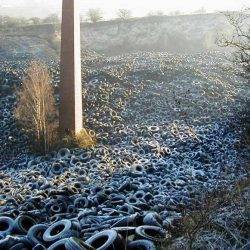




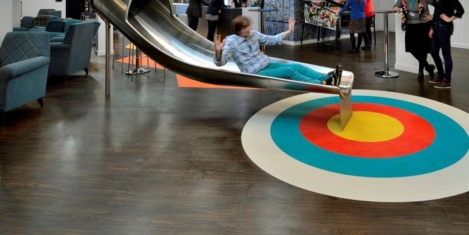
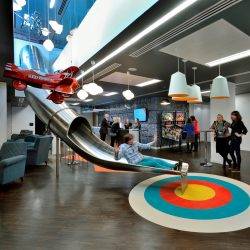










March 4, 2019
Filtering out the noise, the pathology of work, busy doin muffin and some other stuff
by Mark Eltringham • Comment, Features
More →